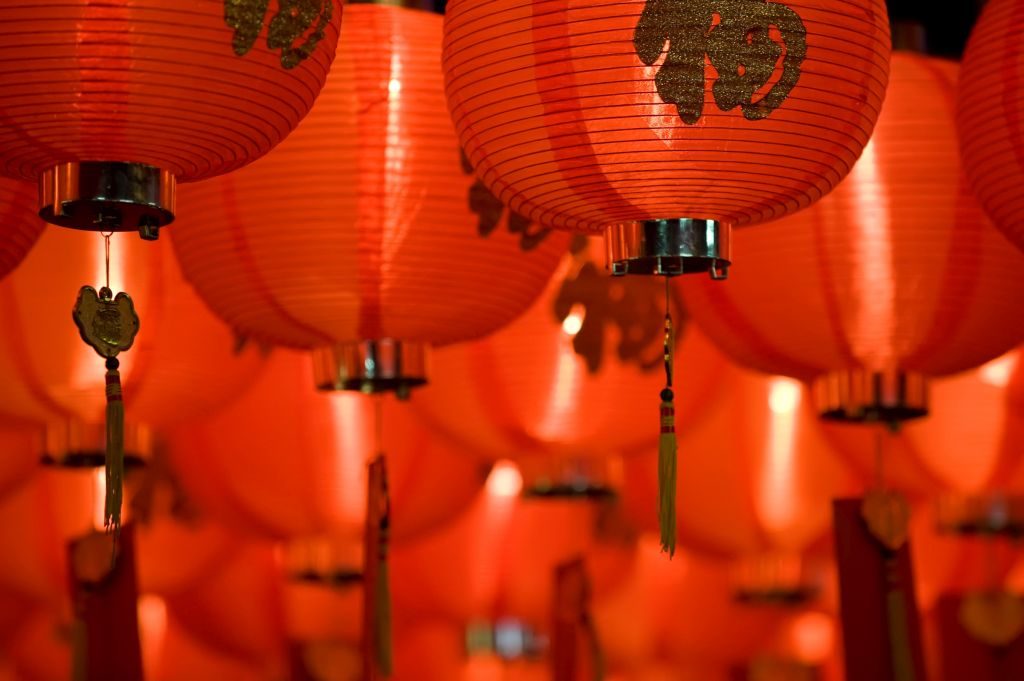Archived: China is strategically expanding its presence in Brazil – in accordance with a detailed plan
To put it simply, before the turn of the millennium, China hardly existed as a trading partner, investor or political player in or to South America. The transformation has been swift. And applies most particularly to Brazil. Around fifty-five percent of all direct investments from China to South America have flowed to Brazil in the last decade and a half. They amounted to fifty-four billion dollars. Brazil is the world’s number three recipient of Chinese investment. Furthermore, China is now Brazil’s largest export market. And also the source of most of its imported products. All of which is no coincidence, but rather the fruit of long-term planning. China is proceeding in South America precisely as the government formulated it in its 2008 and 2016 papers on Latin America and the Caribbean. The rapprochement occurred in three phases.
From 2005 to 2013, China was primarily concerned with securing raw material and energy sources. During this phase, there were large loans to Petrobras against future oil supplies, also investments of Chinese agricultural traders and, increasingly, holdings in ports. In São Paulo, the first of what are now five Chinese banks set up operations, their initial remit that of financing trade with China, although now they also accompany investments.
Phase two is in accordance with the Chinese proverb: “If you want to get rich, build a road.” Chinese state-owned companies have been investing in the Brazilian infrastructure for three years now. In 2017 alone, Chinese companies bought into the Brazilian electricity sector to the tune of around ten billion dollars. State Grid is now Brazil’s largest integrated power company and China Three Gorges is the country’s leading private power producer. And China is showing a flair for timing: its companies began investing in Brazil when the state and private entrepreneurs there were on the ropes due to the recession and the “Lava-Jato” corruption scandal. When it comes to investments, China is strategic and future oriented: digitisation and the interlinking of investments is only a matter of time. For he who controls electricity grids, roads, railways, ports, and, in the near future, telecommunication networks, has a huge advantage as an investor when it comes to Brazil’s digitisation and data communication.
Phase 3 of the investment strategy is now commencing. Three examples: the online department store Alibaba wants to buy the license for the Brazilian freight airport Viracopos. The company intends to set up its logistics centre for Brazil there in order to service a market of two hundred and ten million consumers. The Chinese car and battery manufacturer BYD (“Build your dreams”) is currently delivering the first twenty of two hundred electronic lorries to a municipal waste-disposal facility. The company also produces electric buses and solar panels in Brazil. The Chinese competitor to Uber, Didi Chuxing, bought up the Brazilian app 99 for three hundred million dollars at the start of this year, making the Brazilian company the first start-up with a market valuation of over a billion dollars. China wants to integrate Brazil more closely into the value chains of its industry.
The 2016 concept paper also notes how things are to play out; at the level of major politics and through the conclusion of trade agreements; through increased institutionalised cooperation at a ministerial level in Brasília as well as in the Federal States; through public-private investment projects; through intensive contacts with future political leaders; by setting up academic think tanks. Evidence for each of these points is already available.
In just a few years, China has accumulated a vast amount of knowledge about Brazil at its universities and established political networks. After just one decade, Chinese correspondents, diplomats, academics, businessmen and bankers are making discreet but very well-founded appearances in Brazil. They are well networked, speak perfect Portuguese and know all the niceties about Brazilian politics and bureaucracy. Diplomats in Brasília report that their Chinese colleagues come and go at important ministries as if they were at home. In the Ministry of Planning, for example, there is a Chinese-Brazilian technical working group that now, at its third meeting, intends to decide on investments totalling four billion dollars.
China is thus increasingly filling the vacuum left by the USA in Brazil. And by the EU: a high-level Mercosur-China economic dialogue is to be held in Montevideo in late October – whilst the chances of an agreement between the EU and Mercosur in the near future have just fallen again. Given this offensive from the Far East, we Europeans should consider whether our Latin America concept does not require an update. This especially applies to us Germans, who wish to hold regular consultations with Brazil as a strategic partner country: as of now, these have only been held once – in 2015. Much has happened in Brazil since.






